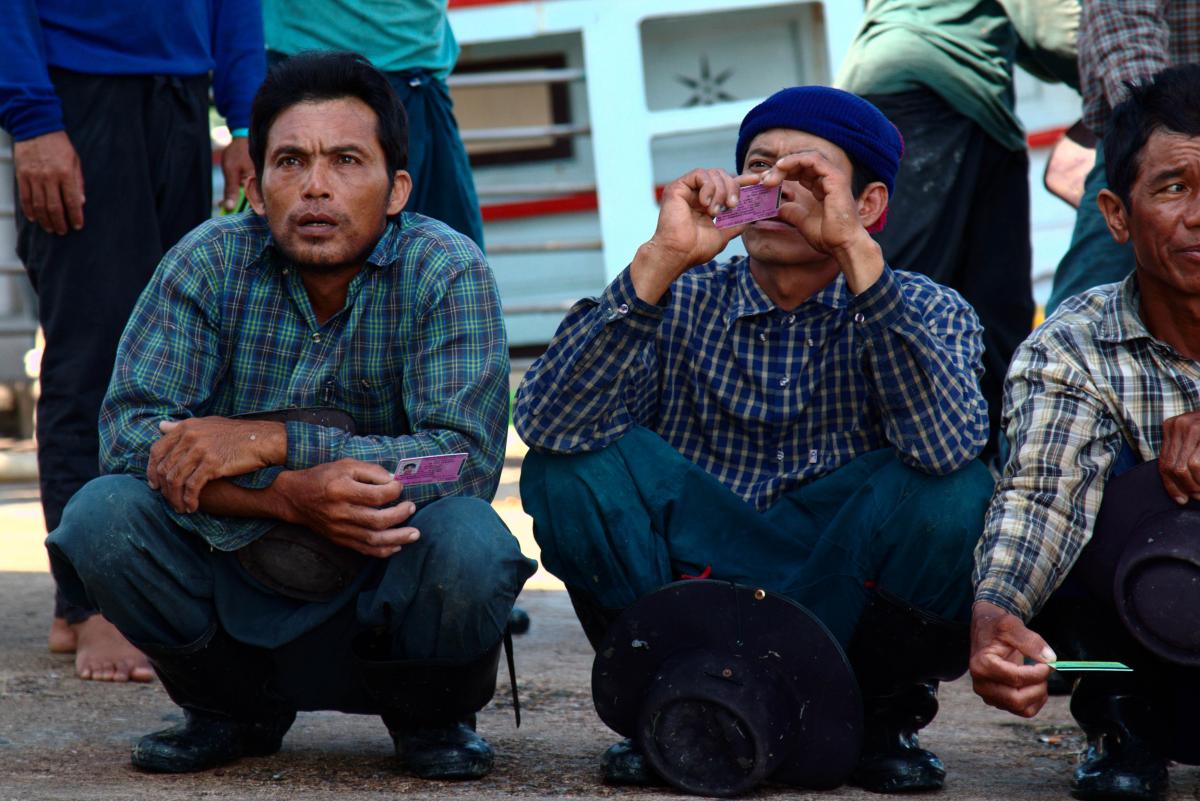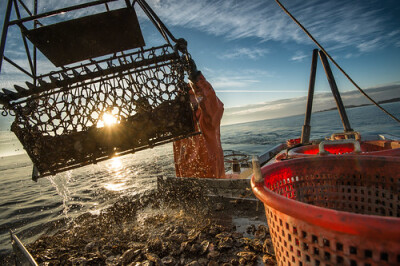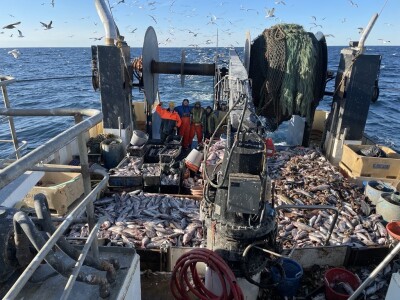Forced labor, human trafficking and other labor abuses are still common in Thailand's commercial fishing industry despite international backlash over the past few years, according to a new report.
Research for 134-page report — Hidden Chains: Forced Labor and Rights Abuses in Thailand's Fishing Industry — from Human Rights Watch, an international human rights advocacy group, was conducted from 2015 to 2017 in all major Thai fishing ports.
"Despite several years of highly publicized efforts to address problems in the Thai fishing industry, the Thai government has not taken the steps necessary to end forced labor and other serious abuses on fishing boats," the report reads.
Human Rights Watch interviewed 248 current and former workers in the fishing industry about recruitment practices, salaries and payment systems, working hours, occupational health and safety, and a range of other issues, including 95 individuals whom Thai authorities or others had designated as victims of trafficking.
"I didn't know what was going on when I arrived," trafficked Burmese worker Bang Rin told researchers in March of 2016. "They just put me in a lockup, and it was only when the boat came in that I realized that was where I'd have to work. I went to do my pink card application on the 4th, and on the 5th I was out on the boat."
The organization quickly cites a 2015 report from the Thai government officials on human trafficking that found no cases of forced labor in Thai fleets after inspecting 474,334 fishery workers — that same year, the Associated Press released the first of many stories about their investigation into the abusive industry.
"In its migration policies, the Thai government has sought to balance negative public attitudes about migration and alleged national security concerns about migrants with strong economic demand for low-cost labor," reads the report, claiming that the government's "crackdowns on irregular migration" have only "pushed migrants toward more expensive and less safe border crossings, increasing profits for smugglers and traffickers."







